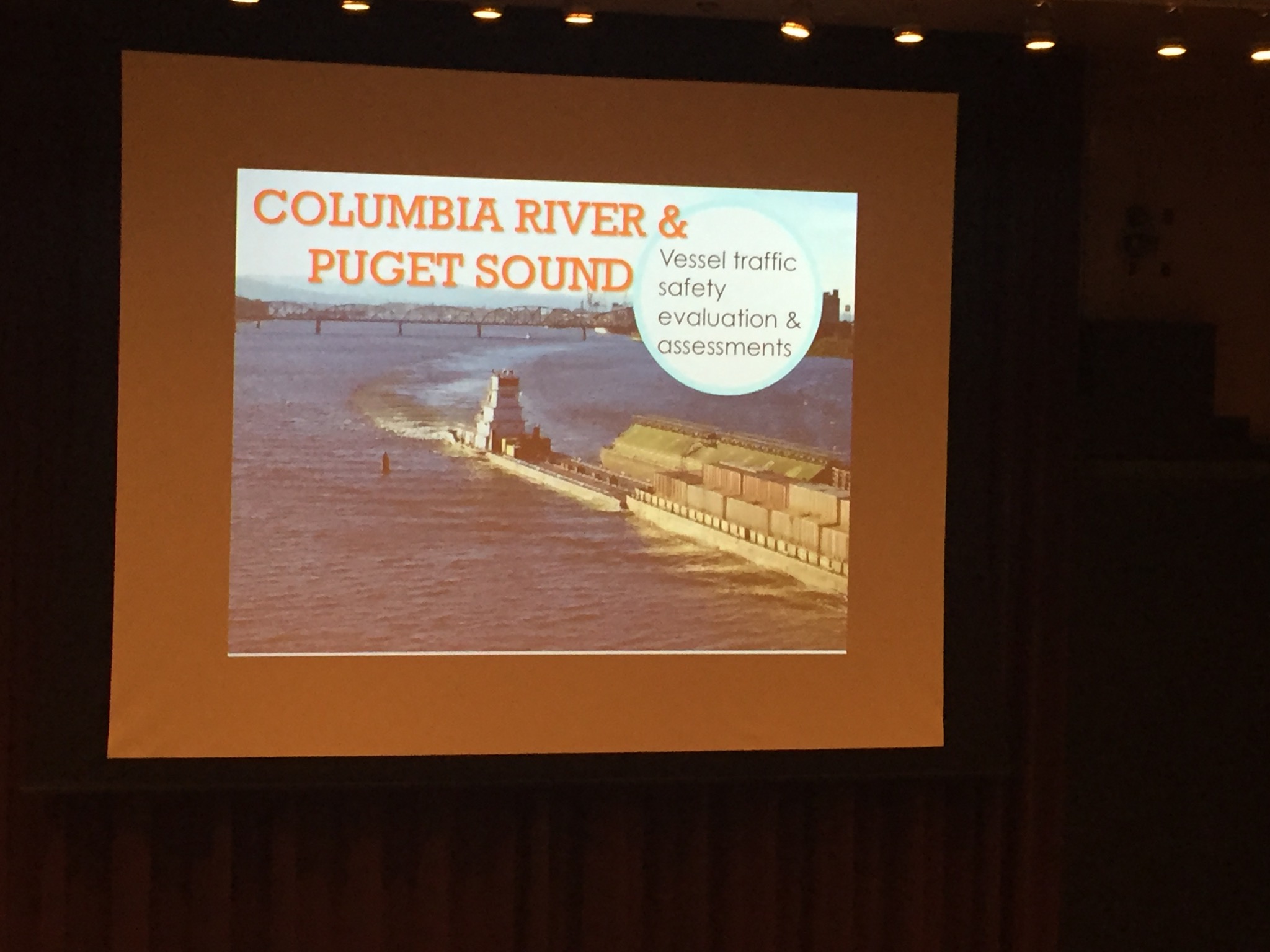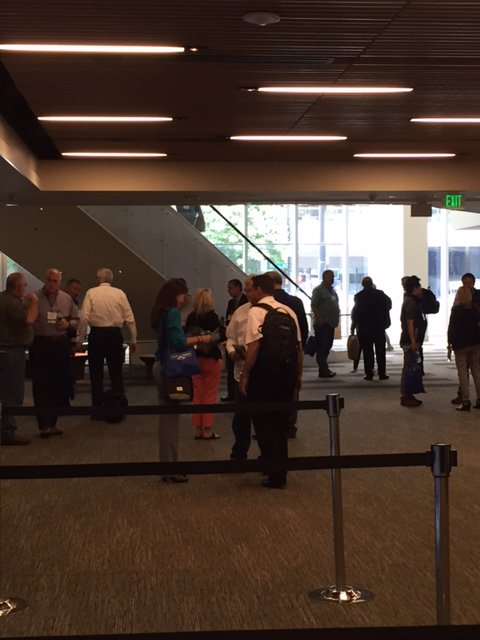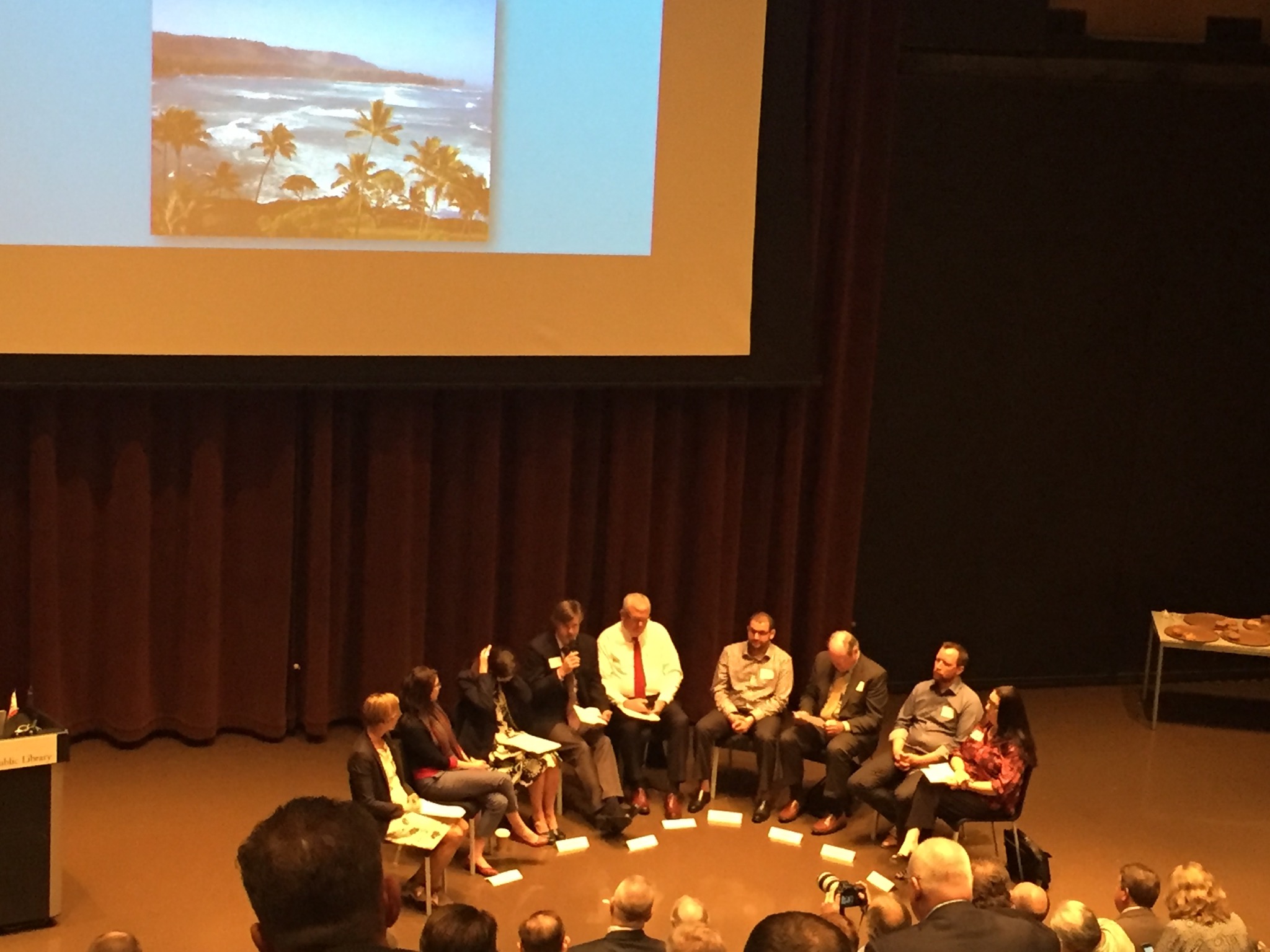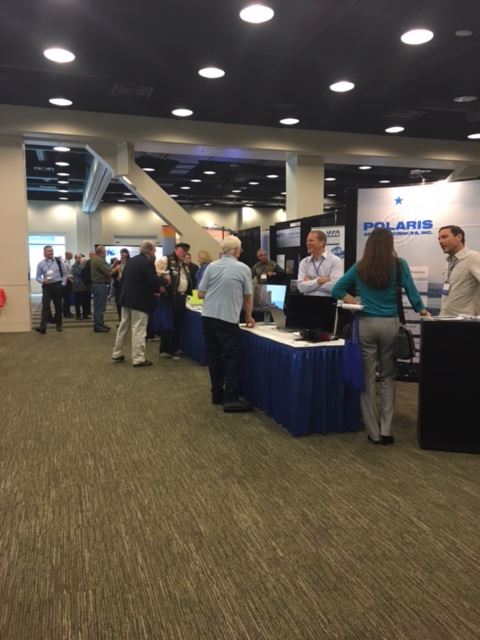Written by Mike Chang, Makah Tribe/TNC Hershman Marine Policy Fellow
Photographs & Images provided by Mike Chang, Clean Pacific, Pacific States/BC Oil Spill Task Force
It’s not every week that you have a whole week dedicated to oil spill preparedness, response, and prevention. This past week, from June 20-25, Seattle was fortunate to host the 2016 Pacific States/British Columbia Oil Spill Task Force annual meeting and the 2016 Clean Pacific Conference.
The Nature Conservancy’s Oceans Team and the Makah Tribe’s Office of Marine Affairs have been actively engaged in influencing state and regional transboundary methods of oil spill prevention, preparedness, and response. Together, we have been working on improving the vessel traffic system in the Salish Sea to prevent oil spills affecting the Northwest’s precious marine resources. Last Tuesday, the Pacific States/B.C. Oil Spill Task Force brought state and provincial leaders, federal partners, industry leaders, and indigenous representatives from Hawaii, California, Oregon, Washington, Alaska, and British Columbia together to discuss regional updates and best achievable protection (BAP) against oil spills. Much of the day was focused on how to achieve BAP through existing policies, geographic response plans, and technological innovation. State and provincial leaders and industry leaders had frank discussions on how to invest in research and development to hopefully achieve innovative methods of improving oil transportation and preventing oil spills.
The Pacific States/B.C. Oil Spill Task Force segued into the Clean Pacific Conference, an annual meeting designed to bring stakeholders in spill prevention and response. This year’s conference brought governments, community leaders, and industries together to discuss lessons-learned from past spills, best practices in oil spill prevention and response, and a showcase of new products and solutions to keep the Pacific Ocean clean. Chad Bowechop, the director of the Makah Office of Marine Affairs and The Nature Conservancy’s key partner in oil spill prevention and response, participated in a panel discussion on local engagement for oil spill prevention and response. The key theme from the panel discussion was that communication and community engagement on oil spill prevention and response is crucial since each oil spill is unique and the response is tailored and influenced by the local community and their geographic response plan.
Overall, it was a productive week of engaging in discussions and identifying how our region can continually improve our oil spill prevention, preparedness, and response strategies.




























